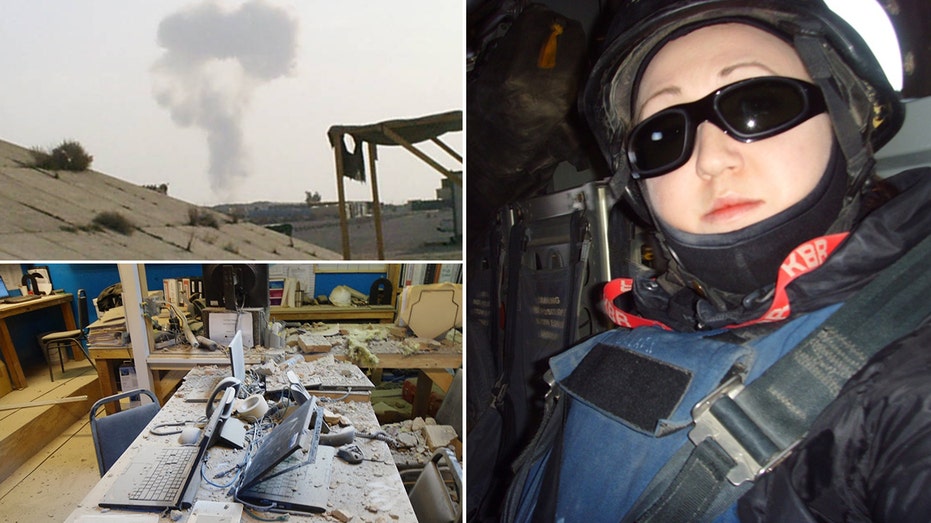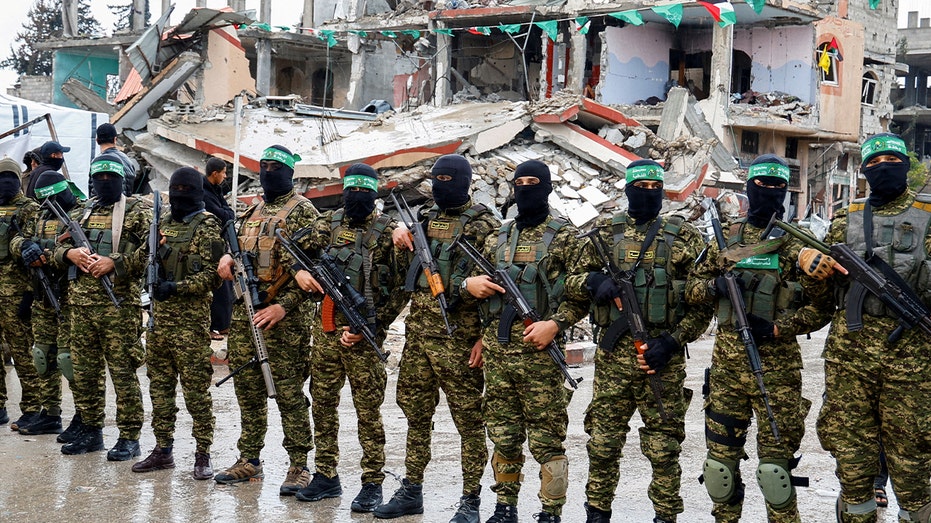Seen, Heard, Counted: New Group Advocates for 'Hidden Casualties' of War

Sarah Johnson
March 3, 2025
Brief
The Association of War Zone Contractors (AOWC) advocates for civilian contractors exposed to combat-related trauma and illnesses, addressing years of neglect and pushing for policy reforms.
While soldiers returning from combat zones have long benefited from extensive support systems, civilian contractors—who often work alongside them in hostile environments—have largely been overlooked. A newly formed nonprofit, the Association of War Zone Contractors (AOWC), is stepping in to change that.
These workers, who face the same mental traumas and life-threatening illnesses as soldiers, have lacked institutional support until now. Thousands who were exposed to toxic burn pits are battling cancers eerily similar to those afflicting service members. Yet, until this week, there was no organization advocating for their needs. That void ends with AOWC.
"We’re looking to make sure contractors are seen, heard, and counted because those things haven’t been happening for a long time," said Scott Dillard, co-founder of AOWC, in an interview. His statement speaks volumes about the invisibility these contractors have endured for decades.
Contractors have played a massive but often unrecognized role in U.S. military operations overseas. During the wars in Iraq and Afghanistan, civilian contractors made up roughly half of the workforce on U.S. bases. Yet despite their contributions, these workers have been dubbed "hidden casualties." Over 8,000 contractors lost their lives in those conflicts, alongside 7,000 service members, according to a Brown University report. The disparity? The U.S. government barely tracks contractor deaths, leaving many families without compensation or recognition.
Cory Archibald, AOWC’s co-founder and a former contractor, described contractors as an "invisible army." He emphasized the need for policymakers and the public to understand how deeply integrated contractors are in military operations. "The public deserves to know," he said. "Policymakers need to know to make the right decisions."
Much like veterans' groups that advocate for soldiers, AOWC aims to guide contractors suffering from deployment-related illnesses and injuries to existing resources and push for streamlined support systems. The challenges these contractors face are daunting: while veterans benefit from the PACT Act, which links 23 medical conditions to exposure to burn pits, civilian contractors must prove a connection—a process managed by the U.S. Department of Labor and laden with bureaucratic hurdles.
The process is often adversarial, with insurers routinely denying claims. Even successful claims can take years to result in payments, while unsuccessful ones force contractors into lengthy legal battles. As Dillard bluntly put it, "It’s an adversarial process for contractors."
AOWC has set its sights on building a burn pits registry specifically for contractors to gather data and establish the links necessary to advocate for policy changes. The group believes that the lack of research on contractors, many of whom spent years on overseas bases, has made their plight invisible. By collecting and presenting this data, they hope to break through the layers of indifference surrounding these "hidden casualties."
Over the years, as the U.S. military has downsized, its reliance on civilian contractors has grown. Contractors have essentially filled the void left by troop reductions, but their contributions are rarely acknowledged when leaders tout shrinking military footprints abroad. "They say, 'We’re drawing down the troops,'" said Dillard. "But they don’t say that contractors are coming back in on the backside."
Archibald, who served in the Army before working as a contractor in Afghanistan for six years, reflected on his early experiences. "I did not know what my rights were," he admitted. "I had no clue that there was help available. And a vast majority of contractors have a similar lack of knowledge." With AOWC, the goal is to change that—to make sure contractors know their rights and can access the support they deserve.
The cost of war has long been measured in military deaths and injuries, but as AOWC seeks to highlight, the sacrifices of contractors must also be accounted for. Their work, their suffering, and their stories are no less significant.
Topics
Editor's Comments
It’s about time someone put a spotlight on the unsung heroes of war zones—the contractors. The fact that they’ve been shouldering so much of the burden without proper recognition or support is mind-boggling. Here’s hoping AOWC can push policymakers to stop treating these workers as disposable extras in the theater of war.
Like this article? Share it with your friends!
If you find this article interesting, feel free to share it with your friends!
Thank you for your support! Sharing is the greatest encouragement for us.



